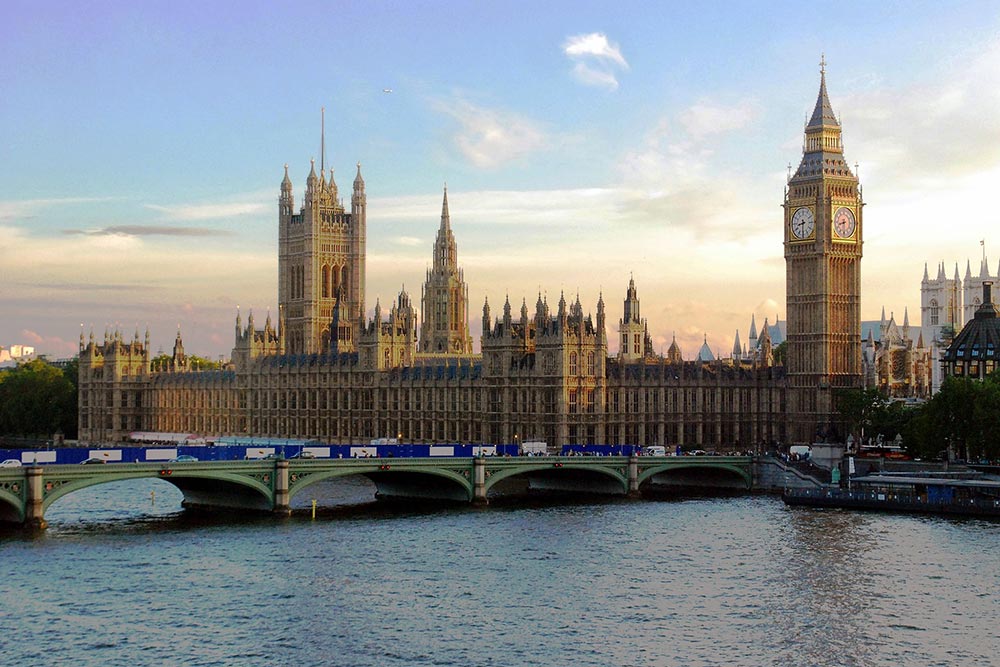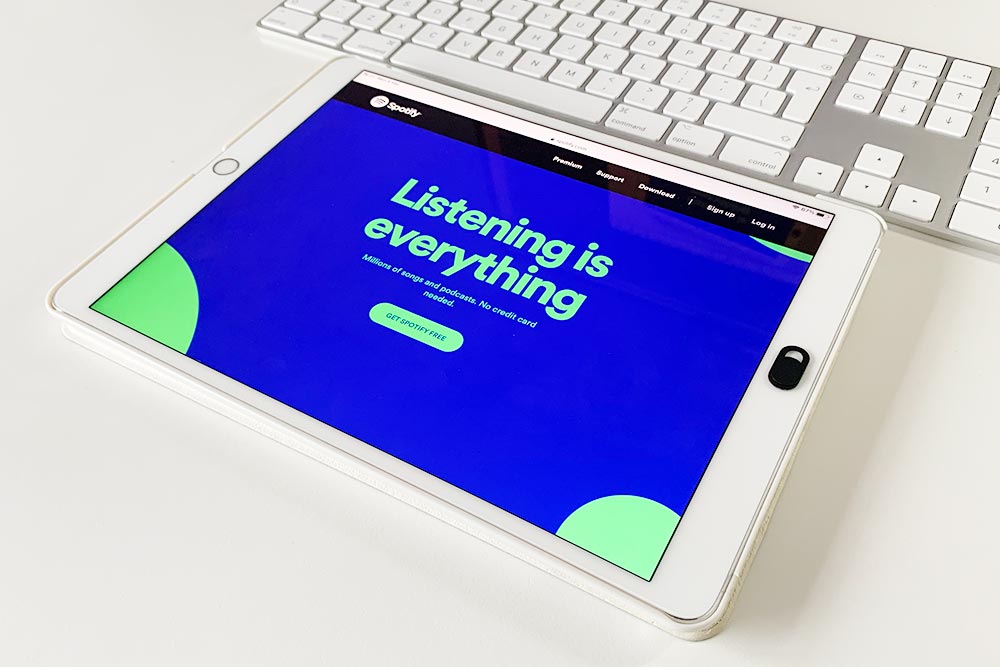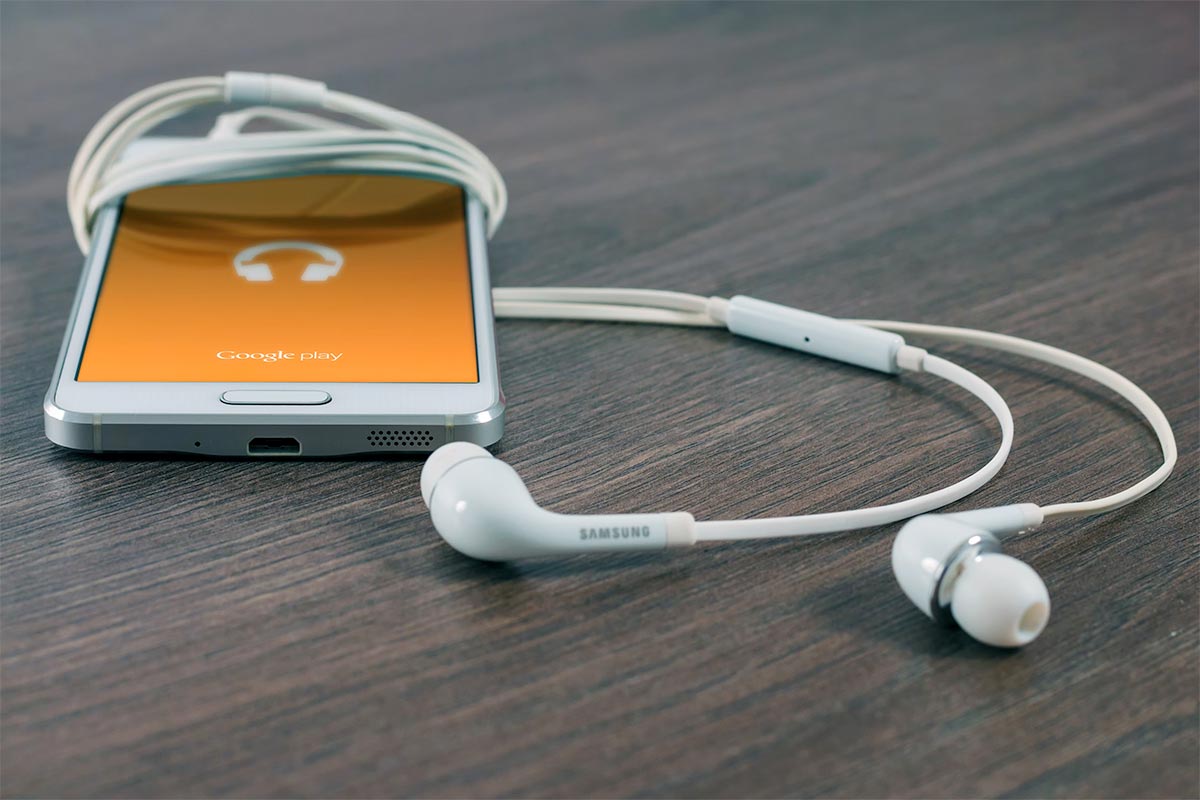Following a successful campaign and public petition, the UK government has been conducting an inquiry into the economics of music streaming. The process is examining the economic impact music streaming is having on artists, record labels and the sustainability of the wider music industry. During this process the Digital, Culture, Media and Sport Committee has heard evidence from a number of sources including songwriters and the musicians union.
This week it was the turn of Spotify, Amazon Music and Apple Music to share their views on the current musical ecosystem and the challenge it creates for music creators. The transcript of the meeting makes fascinating reading.
Of particular interest is the way that the streaming companies view the transaction they’re monetising: is it a sale, a rental or more of an access subscription model? Does the auto-play feature create a situation similar to broadcast radio and if so, why are the streaming royalty rates so much lower than the industry standard for that medium?
Also of interest is Spotify’s head of global affairs and chief legal officer, Horacio Gutierrez’s position that as a provider of music only (i.e. not supported by Apple’s hardware sales or Amazon’s store revenue), they faced a significant challenge in competing. “We are working very hard to try to break even and then make a profit,” said Gutierrez. He also shared some statistics explaining that Spotify has 345 million monthly active users but only 155 million subscribers. “In terms of the overall split, about 90% of our revenue comes from the subscription business and 10% of our revenue comes from the ad-funded tier,” said Gutierrez.
Regarding revenue share, Amazon’s director of international music, Paul Firth, explained that “of the 70% that we pay out, somewhere between three-quarters and four-fifths goes to the label and the balance does go to publishers”. This payout figure with around 15% going to publishing was accepted a not unreasonable estimate by all three companies.
Elena Segal, global senior director of music publishing at Apple Inc. stressed that “the most important thing is to have a healthy overall creative ecosystem that is sustainable into the long term”. Her view was that applying a much larger royalty payout to artists akin to that from Radio distribution could “upset the so-called apple cart” but noted that “Apple Music frankly pays more than other services”.
A final note was that no company specifically ruled out alternative approaches such as the user-centric revenue model. They did however stress that it would need to be thoroughly analysed first and would need to apply fairly to all competitors. Clearly a level playing field matters as much to streaming organisations as to music creators.
You can read the evidence transcript here or watch the complete video at the Parliamentlive.tv website.
(This article was written for and originally published at Fair Trade Music International.)
(Image: Mike Gimelfarb, Public domain, via Wikimedia Commons)



